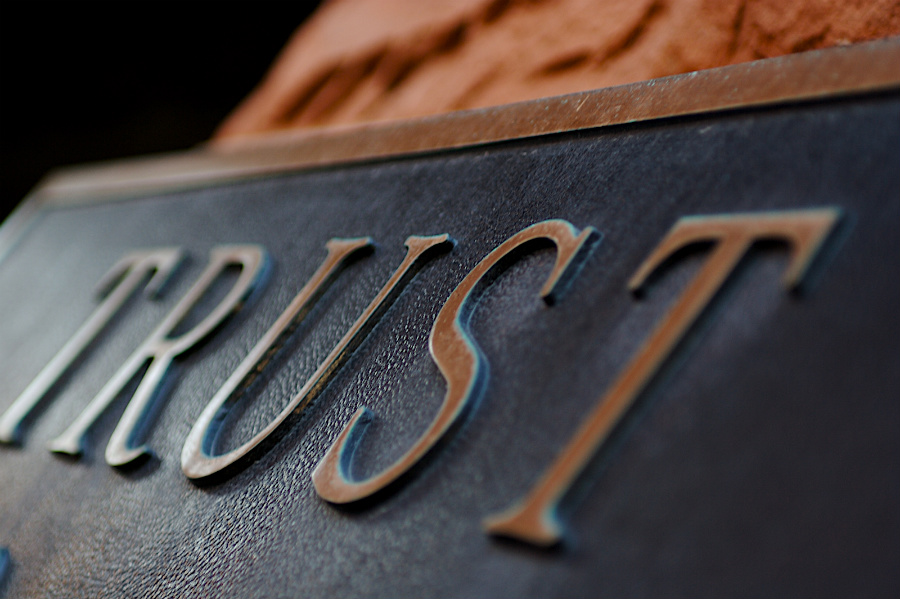A constructive trust is a type of trust that is formed as a remedy to prevent unfair results. It is a mechanism in which one person can transfer ownership of certain properties during his or her life of after death. It is subject to the provisions and instructions in the trust document.
The book law of trusts on Canada states that “a constructive trust comes into existence, regardless of any party’s intent, when the law imposes upon a party an obligation to holds specific property for another. The person obligated becomes by force of law a constructive trustee towards the person to whom he owes performance of the obligation.”
Let’s discuss this further.
Key Features of a Constructive Trust
A constructive trust is usually imposed by a court to a party that has been wrongfully deprived of their property rights through unlawful means such as fraud, misrepresentation, or even through crime. For example, suppose you have someone else’s money and you wrongfully use it to purchase property, then the court can impose a constructive trust to avoid unjust results. For the constructive trust to be imposed the defendant should own the property.
What is Constructive Trust and Unjust Enrichment
As stated in Findlaw Canada, an unjust enrichment claim can be made if you do not have the legal right to property but you have claim to share a part of the property. This is usually used in case of common law couples. In order to make an unjust enrichment claim, you have to prove that the defendant spouse was taken care of by the spouse making the claim (you). You will also have to prove that you have suffered after being deprived of your rights. Lastly, you will have to show that there is no juristic reason for the enrichment.
How is a Constructive Trust Enforced?
As mentioned above, the court of law imposes a constructive trust on the concerned parties. The court may choose to enforce this equitable remedy if it believes that the defendant would receive an unfair advantage if the trust is not imposed, or if the defendant has interfered with an existing trust. As part of a traditional trust, the settlor must have the intent to create a trust.
With constructive trusts, a trust may be formed even if the arrangements were kept secret from some of the parties so that the parties can re-establish their rights. Courts that impose a constructive trust often do not simply allow the trust relation to continue forever. Many a times, the court imposes this remedy and then orders the defendant to take some kind of action, such as requiring him or her to reimburse the plaintiff for losses he or she caused, retitling the property in the plaintiff’s name or assigning a new trustee with specific duties.
Do you think your situation warrants a constructive trust? Reach out to Prowse Barrette (Previously Prowse Chowne) at the earliest.

